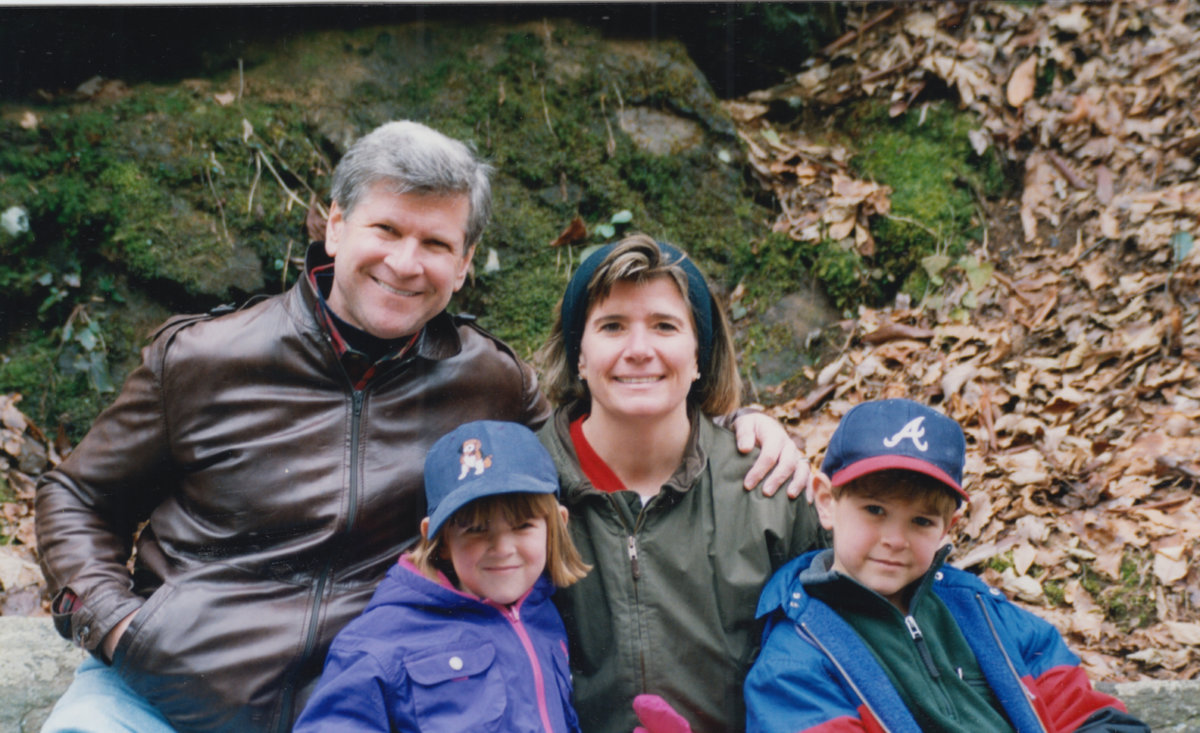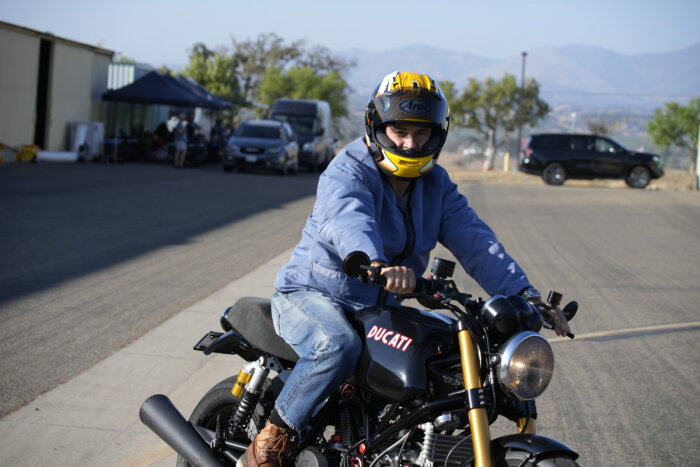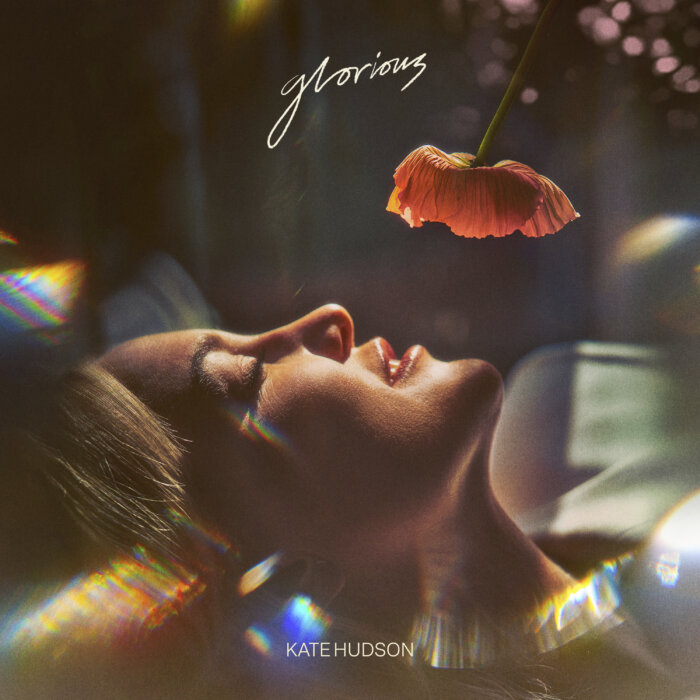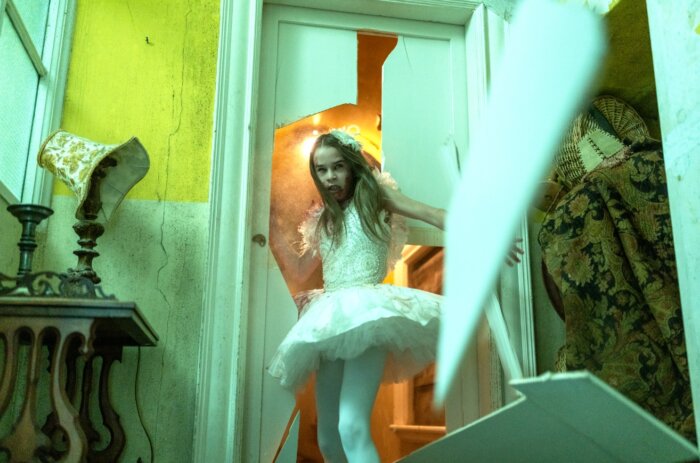Documentaries surrounding murder investigations, especially cold ones, typically surround the mystery of who could possibly commit such a heinous crime. But what those features don’t always show is just how difficult it is for the victim’s loved ones to pick up the pieces and move on once that person is gone from their lives.
In “Murder on Middle Beach,” documentary filmmaker Madison Hamburg is investigating the murder of his mother, Barbara. Barbara Hamburg was found brutally murdered outside of her home in Connecticut in 2010, and as of now the case has still not been solved. For Madison, this wasn’t a story about searching for his mother’s killer or about her brutal death, but more so focused on his search for identity. That was not an easy feat, but it was the most honest for him and in the process, he uncovered a lot that he didn’t know about his mother, and what could have happened to her.
Madison sat down with Metro to talk more about what went into making this four part documentary series that will run on HBO.
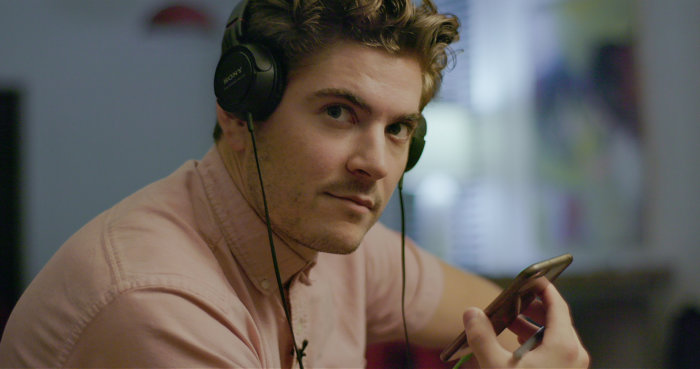
What made you want to start this journey and go deeper into what happened to your mother?
The intentions are a lot to unpack—the short answer is my mom was murdered and the case has been unanswered. In 2013, when I was a film student, I felt like it was the only means I had to understand who she was and what could have caused her murder. When my mom died, I was a drug addict and I didn’t immediately face my life without her—in fact, I didn’t really even feel like my life was worth living. I went to rehab in 2010 and went back to school and I decided if I was going to live in a world where I didn’t have a mom, I was going to make the most of it and not use it as a crutch.
I also didn’t tell anyone what happened to me because I didn’t want it to define me—there was a little bit of shame surrounding the connotation of murder and I didn’t want to be the kid who’s mom was murdered, I wanted to be Madison. In documentary class in college, that was the first time I had really shared what happened with my classmates. I was in the process in grief where I was very scared and fearful of losing my memory of my mom. My initial intentions were to kind of immortalize her and get these different fragments of people who she had affected during her life. I quickly realized after asking questions that I was grieving someone that I didn’t know.
I was 18 when she died and she was not letting the stresses of her life affect mine. I started to learn who Barbara was and I became sort of obsessed over what made my mom human in this discovery process. Over the years, my intentions have changed and early on we made the decision to invite the audience into that process. It was really important to me because in cutting the film, I sort of realized after partnering with HBO the weight of the stage and the adverse effects it could have on my family. I really wanted that to be a central conflict by the end of the series, so I think it was important that the pendulum between the dual role that I played as brother, son, nephew and investigative documentarian swung to the extremes to land in a place of empathy for the human stories with less of a focus on the brutality or who could have murdered my mom and more about finding identity.
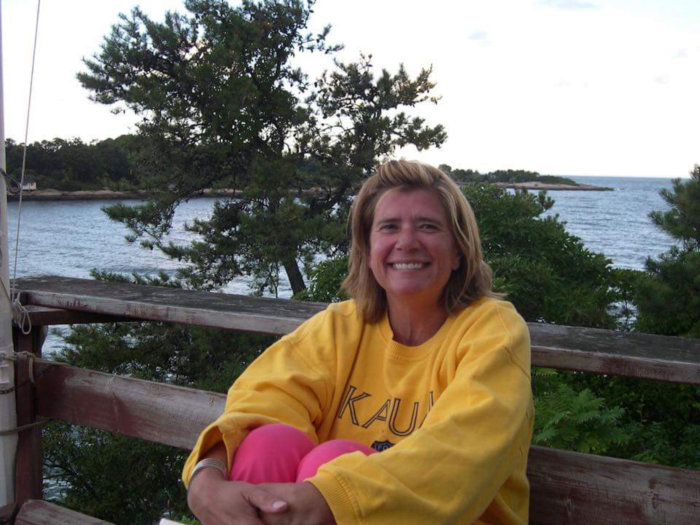
After starting it in film school, what were some of the first steps you took to get this going? What was that journey like?
I didn’t want to have regrets and I really wanted to take every chance that I could, even if it meant choosing to do things that felt ethically ambiguous. That was the initial intent, but we uncovered a much larger story that would take longer than a trimester or quarter film class to cover, and we ended up not turning in the project but my professor gave me an A with the stipulation that I never should stop working on the project. After I graduated, I was given the opportunity to continue working on the project through an alumni program where I went, and at that time my tools were sharpened and we shot most of our master interviews, a lot of our B roll and we worked for ten weeks, amassed 160 hours of footage. At that point, I thought I was subverting the genre by doing what I was doing, but really they were sort of the conventions still of it.
Just in talking to people, pestering them for advice on what to do with 160 hours of material, my uncle reconnected with an old friend of his, Ron Nyswaner, who’s Jonathan Demme’s longtime collaborator. Ron was out in LA and my uncle said, ‘Hey, my nephew is working on this project. Do you think you could give him some advice?’ Ron agreed to hop on the phone with me and I was starstruck. I thought we were going to just talk for 15 minutes about logistics, but we ended up talking for hours. He talked to his producer and called me back and told me he was flying me out to LA, he said Jonathan Demme changed my life with one phone call and I’m going to try to do the same for you.
What are you hoping that people take away from the series?
I hope that people—for whatever reason they start watching, the relationships, characters and unresolved sort of nature of things drives what the viewers are following rather than who did it by the end. Also, the weight and the stakes of doing something like this—you see other documentaries that fetishize the characters and almost make them cartoon characters. To me, unsolved crimes are tragic and they are tragic because of the people who are left in the wake, even with the resolution, there’s never closure because the person is still dead.
I didn’t want to tell the fictionalized version of this, I wanted to follow the poignant truth and I just hope that anyone going through something similar feels not alone if anything. Whether or not I accomplish my goal of subverting the genre, it’s tumultuous, there’s grayness, ethical ambiguity, but it’s worth it and I feel like I had a chance to learn about my mom and from my mom after her death. I hope this can serve as an example for change in the way to prevent this from happening in the future to anyone else.
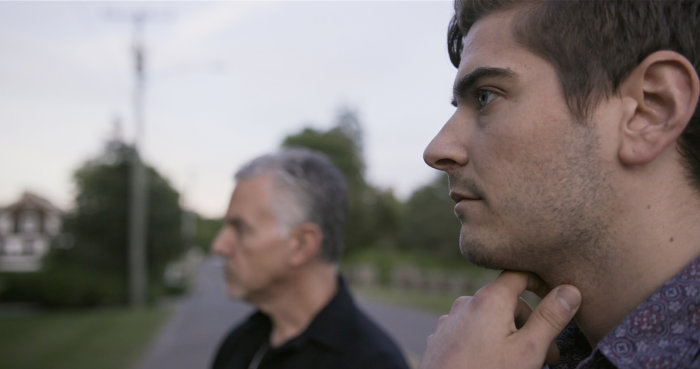
Catch “Murder on Middle Beach” Sundays on HBO. Additionally, if anyone has any information about Barbara Hamburg’s murder visit BarbaraHamburgtips.com



